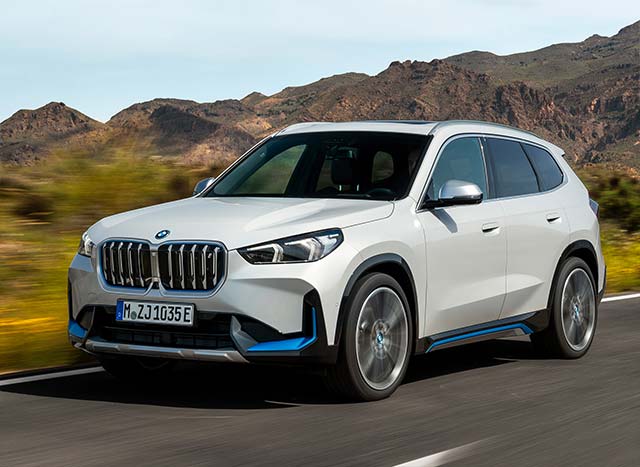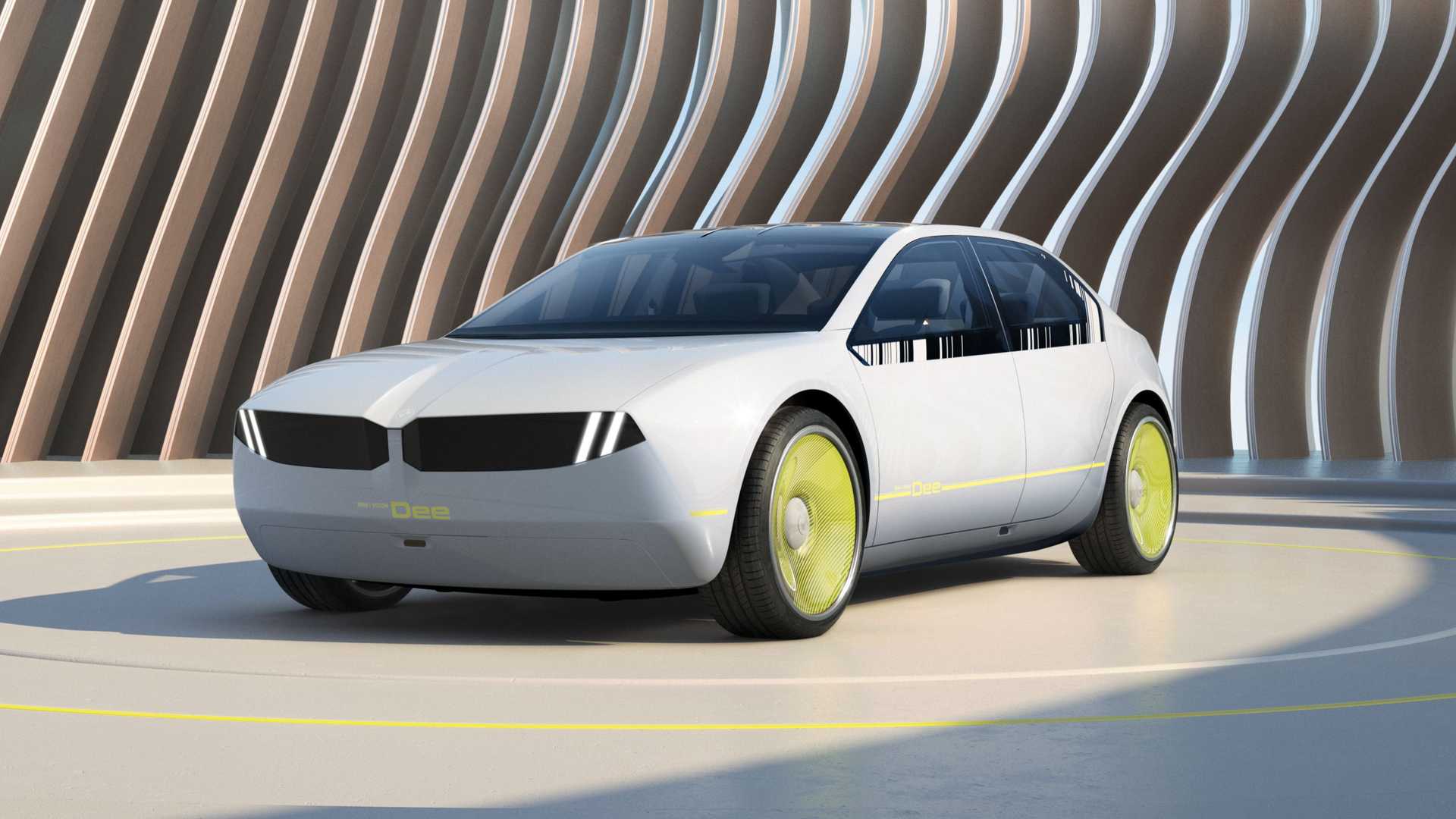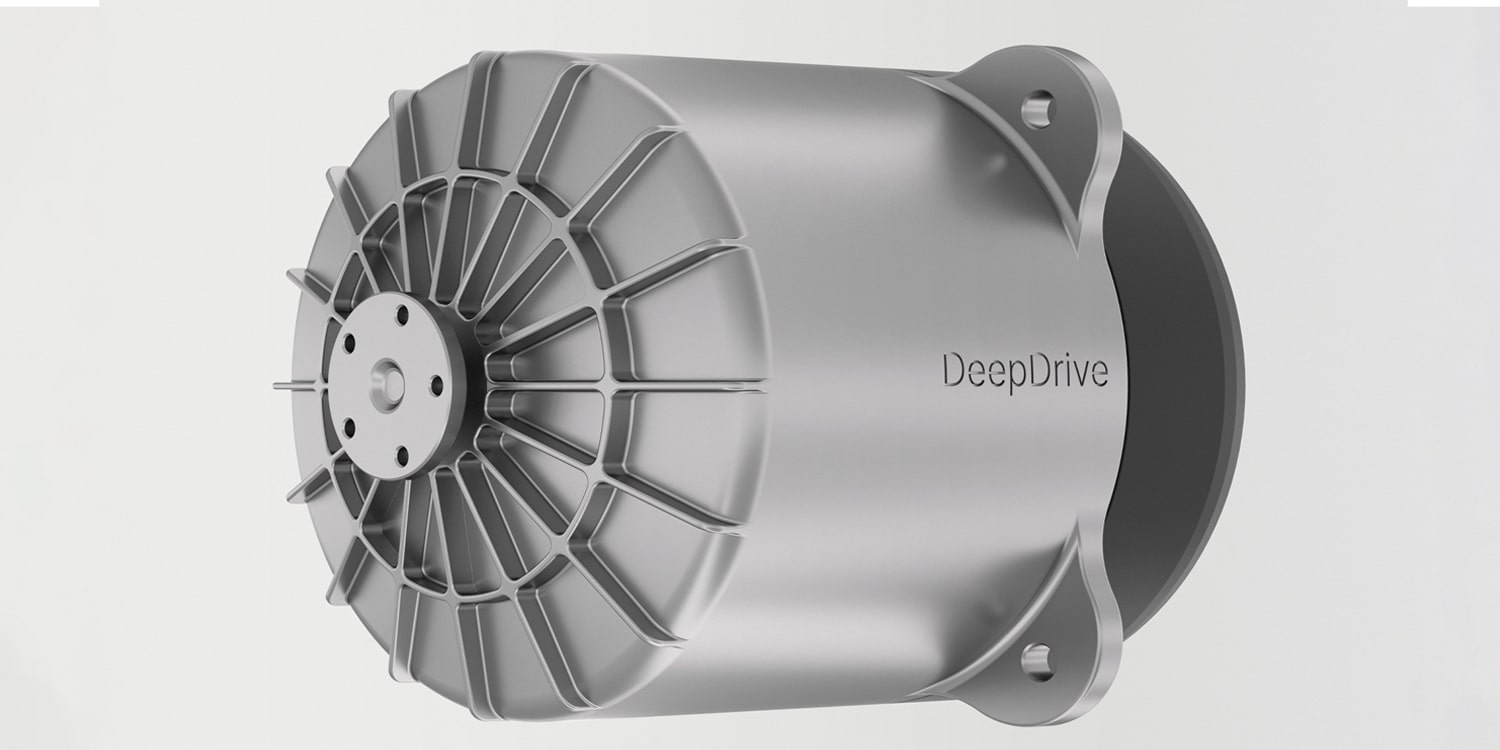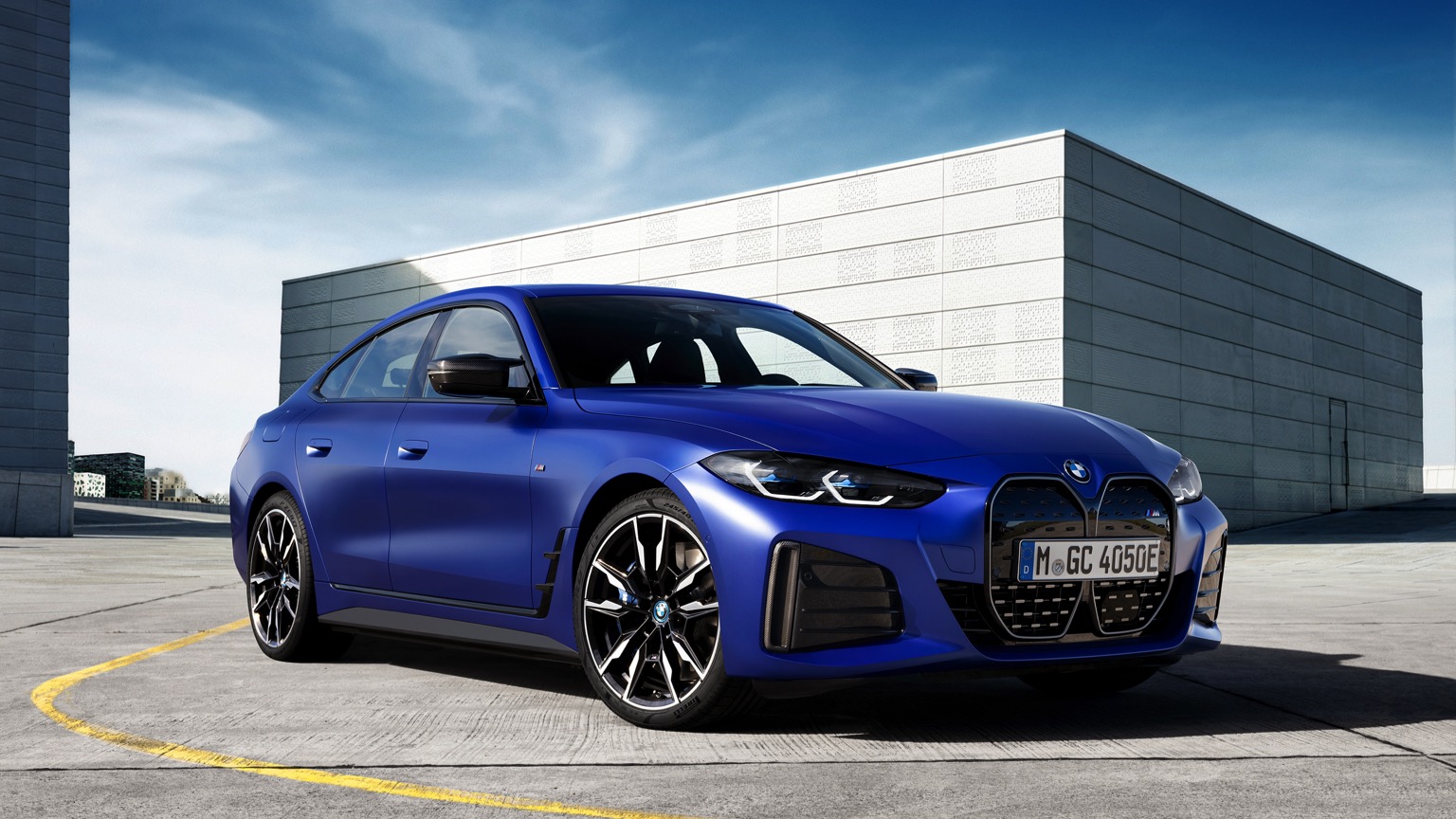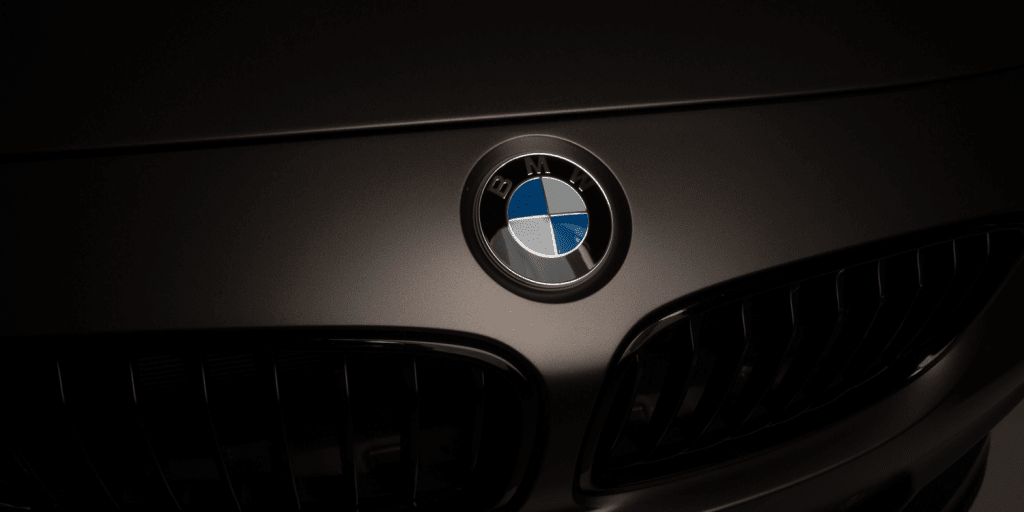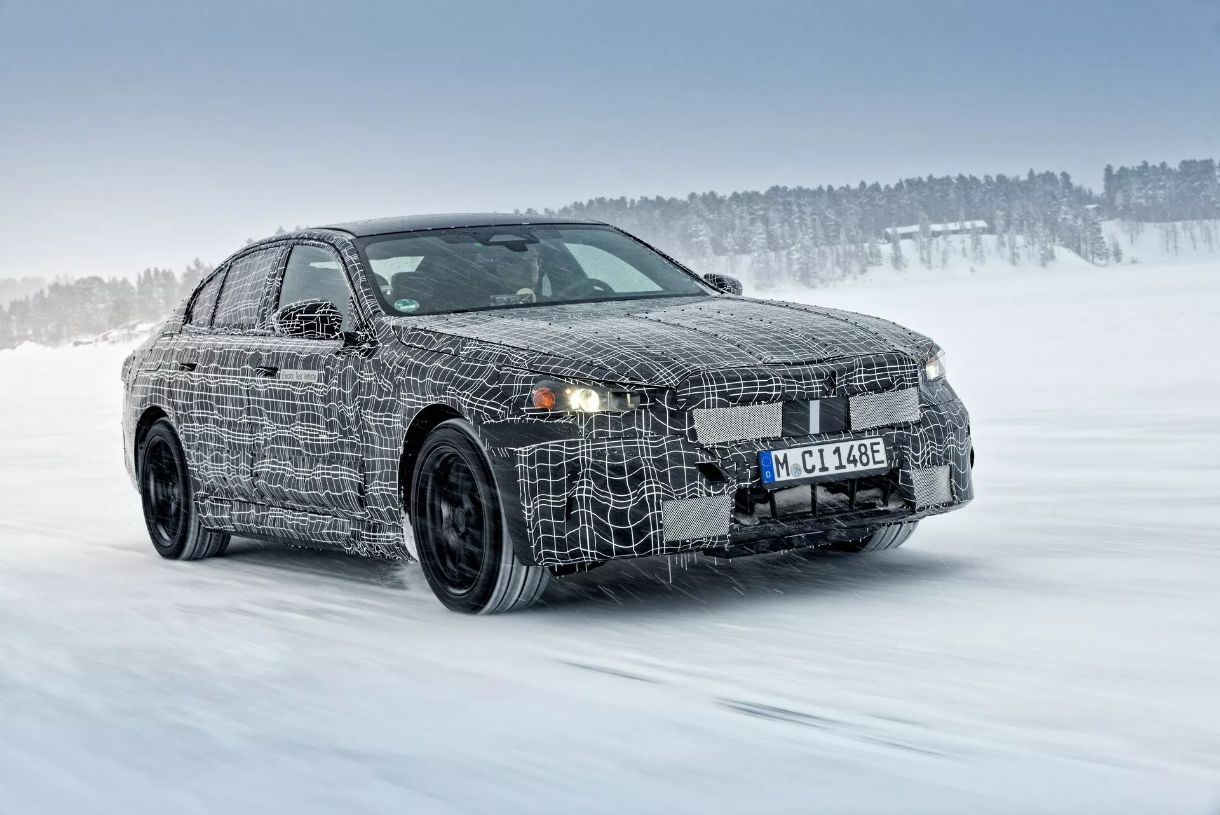Volkswagen and BMW have significantly reduced the prices of their electric vehicles (EVs) in China in an effort to boost sales and reduce inventory. This move follows similar actions taken by other carmakers in the country.
FAW-Volkswagen and SAIC Volkswagen, joint ventures of Volkswagen, have lowered the prices of their ID. models by up to 40,000 yuan ($5,796) in China. Meanwhile, the costs of the ID.4 X, ID.6 X, and ID.3 have been slashed by up to 30,000 yuan ($4,350) by SAIC Volkswagen, and customers can reportedly receive additional benefits worth up to 10,000 yuan ($1,449) at dealerships. However, these offers are only available for a limited time, and the end date has not been announced.
The reason behind these price cuts is a decline in sales. In January and February of this year, FAW-Volkswagen sold 9,572 fewer units than the same period last year, representing an 8.3% drop.
In an effort to address their sales challenges in China, BMW has gone even further by reducing the selling price of its i3 by 100,000 yuan ($14,500). The German automaker has struggled to sell its all-electric car in China, and dealerships in the country have been offering an electric version of the 3 series sedan for up to 30% less than the list price of the i3 sold in Europe.
Volkswagen and BMW are following in the footsteps of Tesla, which initiated a wave of price cuts in China in January by reducing the prices of its Model Y between 29,000 and 48,000 yuan depending on the drive option. Other carmakers, such as Xpeng, Nissan, Ford, and Toyota, have also lowered the prices of their EVs in response.
It remains to be seen whether these price cuts will succeed in stimulating demand for EVs in China. Nevertheless, they indicate that competition in the EV market is heating up, and carmakers are looking for ways to attract customers in the world’s largest automotive market.

